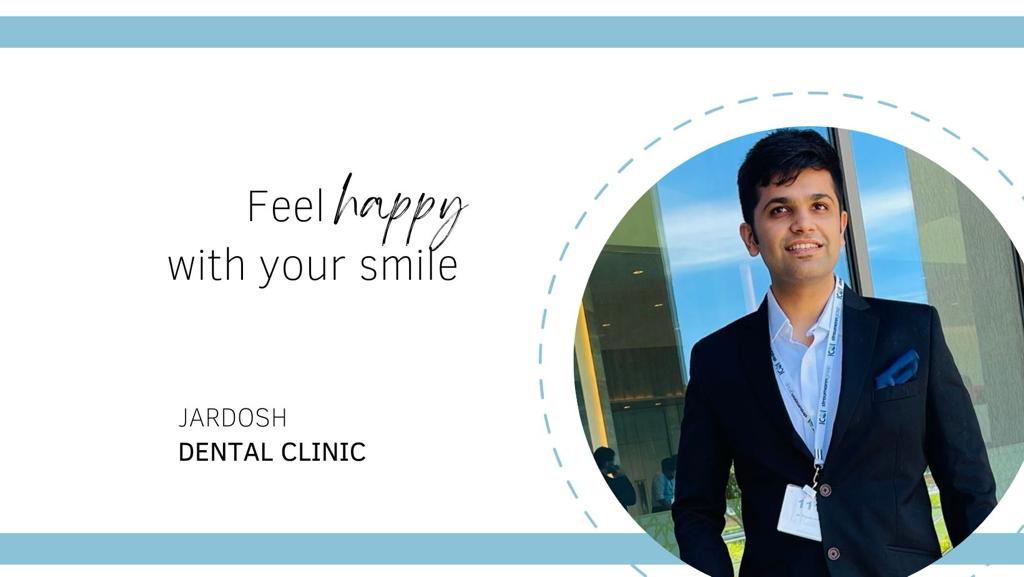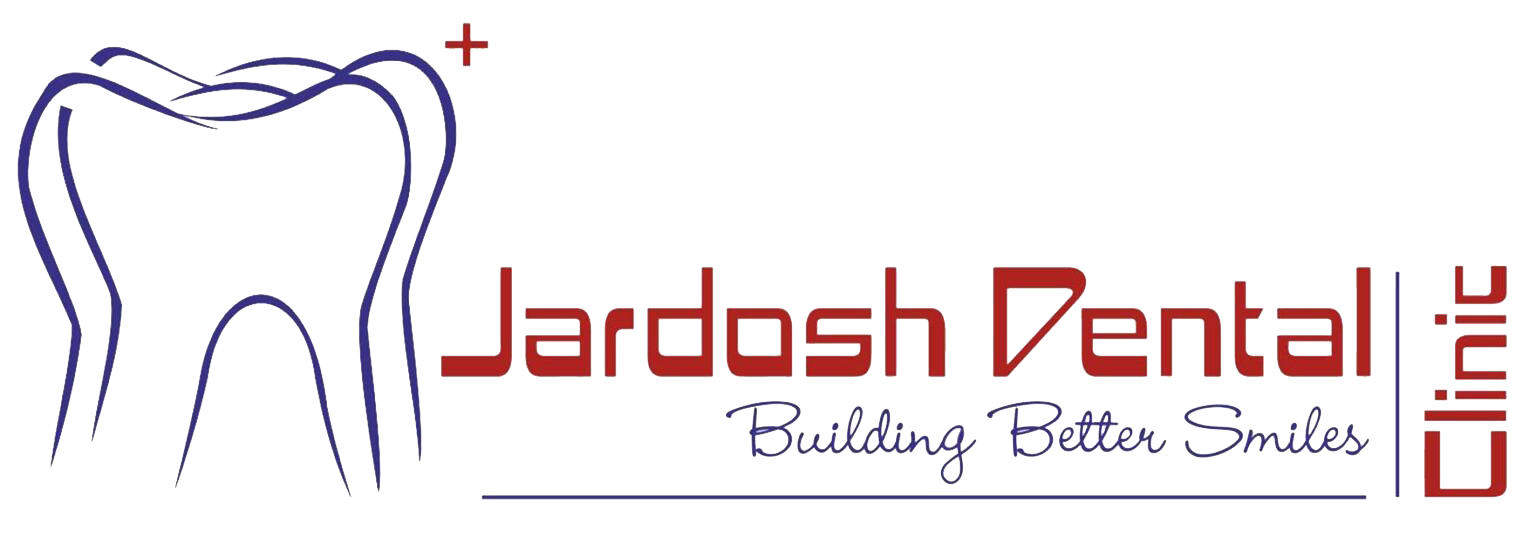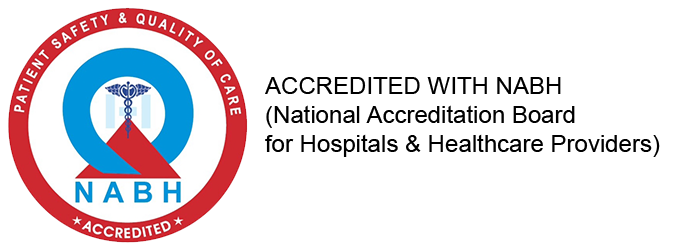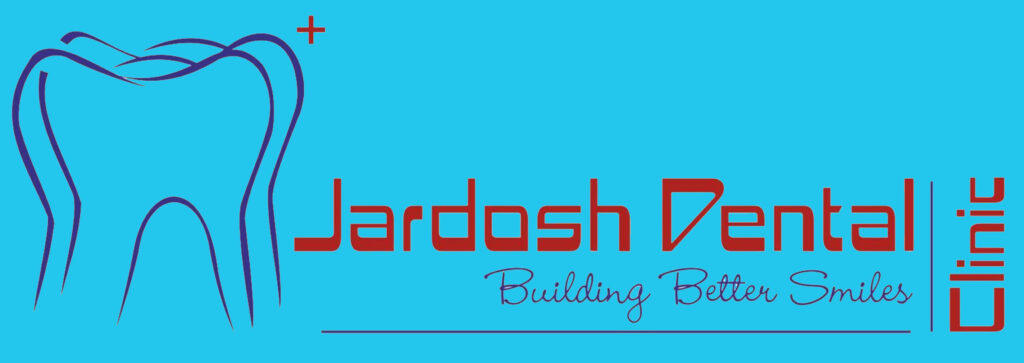A beautiful smile can light up a room, boost your confidence, and make a lasting impression. However, achieving and maintaining a healthy and radiant smile requires more than just brushing your teeth twice a day. It involves a comprehensive understanding of oral hygiene, which is essential not only for aesthetic reasons but also for overall health. In this blog, we’ll delve into the importance of oral hygiene awareness and provide you with practical tips to ensure your smile remains a beacon of good health.

- Cardiovascular Health: Emerging research suggests a link between gum disease (periodontitis) and heart disease. Inflammation and infection in the gums can potentially contribute to the development of cardiovascular problems.
- Diabetes: Individuals with diabetes are more susceptible to gum disease. Conversely, severe gum disease can make it more challenging to control blood sugar levels.
- Respiratory Health: Poor oral hygiene can lead to bacterial growth in the mouth and throat, potentially increasing the risk of respiratory infections.
- Pregnancy Complications: Pregnant women with gum disease may be at a higher risk of preterm birth and low birth weight.
- Dementia: Some studies have suggested a link between oral health and cognitive decline. Maintaining healthy teeth and gums might help reduce the risk of developing conditions like Alzheimer’s disease.
Practical Tips for Maintaining Excellent Oral Hygiene
Now that we understand the significance of oral health for our overall well-being, let’s explore some practical tips to help you maintain excellent oral hygiene:
- Brush Properly: Use a soft-bristle toothbrush and fluoride toothpaste. Brush for at least two minutes, twice a day. Be gentle to avoid damaging your gums and enamel.
- Floss Regularly: Flossing removes food particles and plaque from between your teeth which your toothbrush can’t reach. Make it a daily habit.
- Rinse with Mouthwash: An antimicrobial mouthwash can help kill bacteria and freshen your breath. Consult your dentist for recommendations.
- Visit Your Dentist: Regular dental check-ups are crucial. Dentists can detect issues early, perform professional cleanings, and provide guidance on your oral health.
- Watch Your Diet: Limit sugary and acidic foods and beverages, as they can contribute to tooth decay. Opt for a balanced diet rich in fruits, vegetables, and lean proteins.
- Stay Hydrated: Drinking water helps rinse away food particles and bacteria. It also promotes saliva production, which is essential for oral health.
- Avoid Smoking and Excessive Alcohol: Smoking and heavy alcohol consumption can harm your oral health and increase the risk of oral cancer.
- Protect Your Teeth: If you play sports, wear a mouthguard to prevent dental injuries. Similarly, if you grind your teeth at night, consider a nightguard.
- Teach Kids Early: Instill good oral hygiene habits in children from a young age. Supervise their brushing and flossing until they can do it independently.
Conclusion

Oral hygiene awareness is not just about having a beautiful smile; it’s about safeguarding your overall health. Neglecting your oral health can have severe consequences that extend beyond your mouth. By following the practical tips mentioned above and making regular visits to your dentist, you can ensure that your smile remains a symbol of good health and confidence. Remember, a healthy mouth leads to a healthier you!



